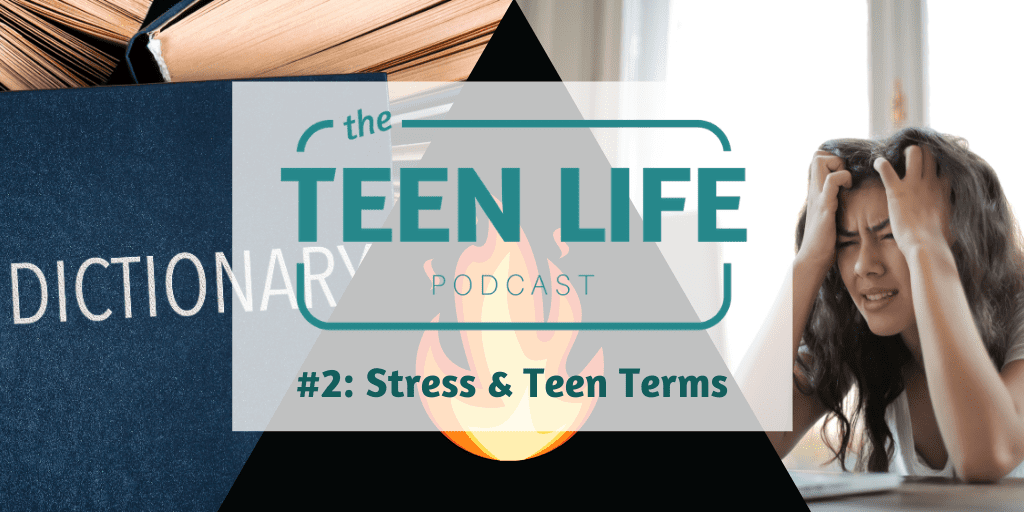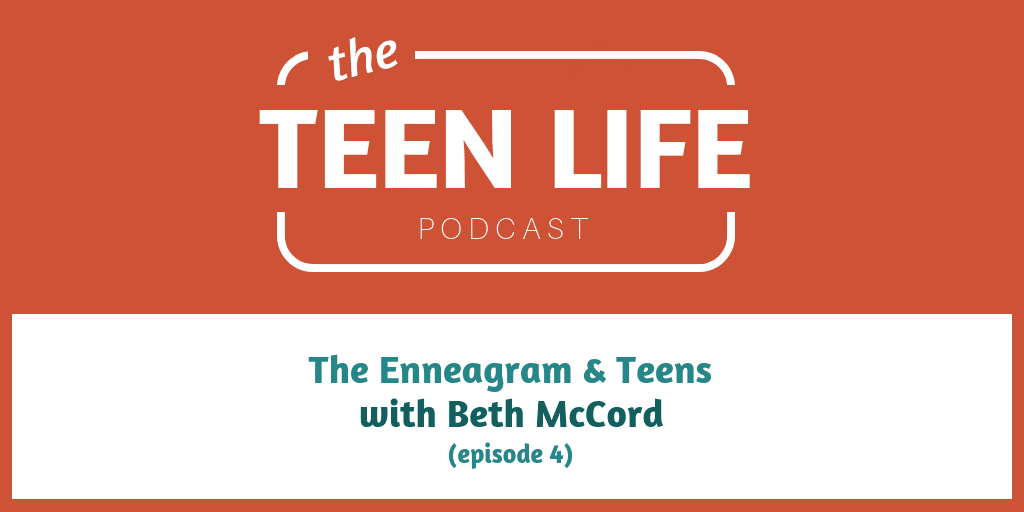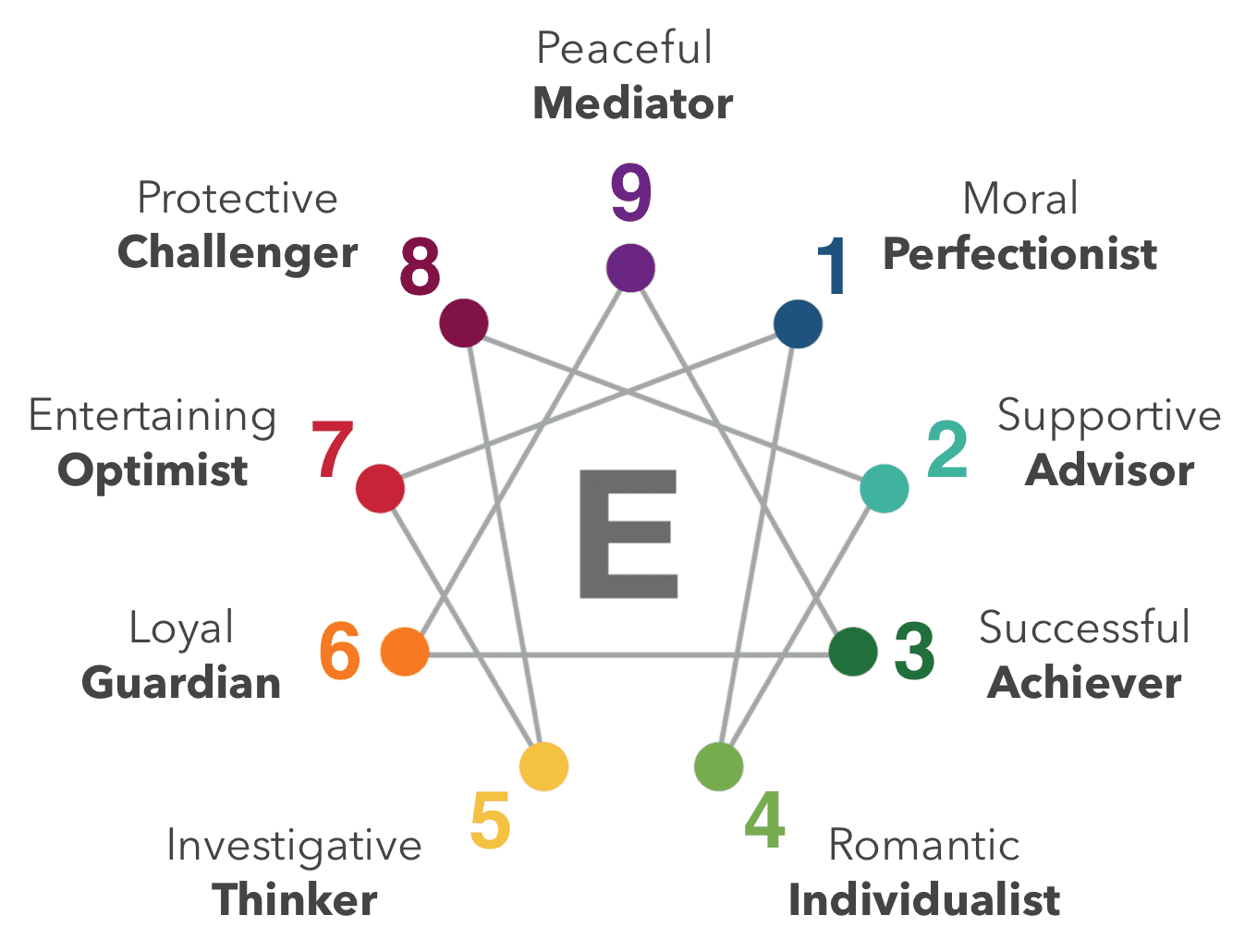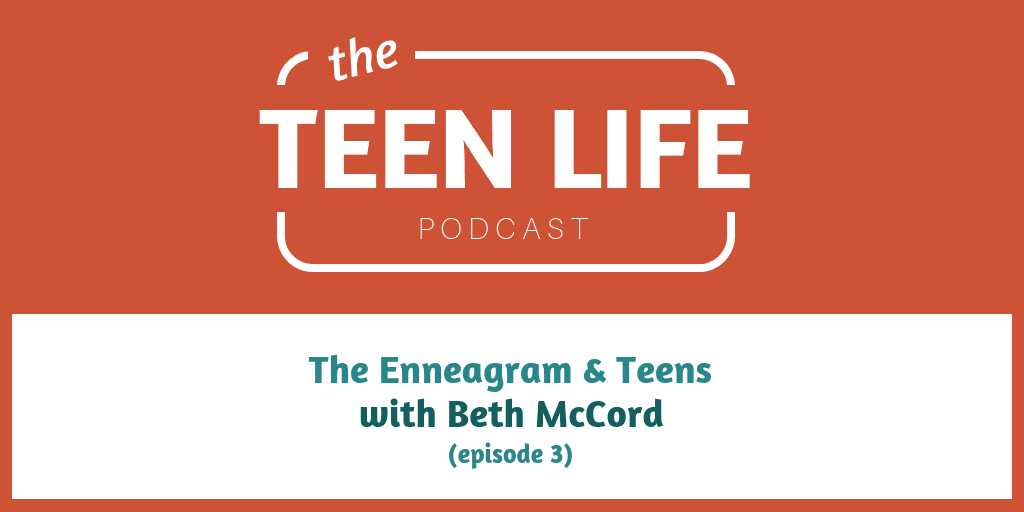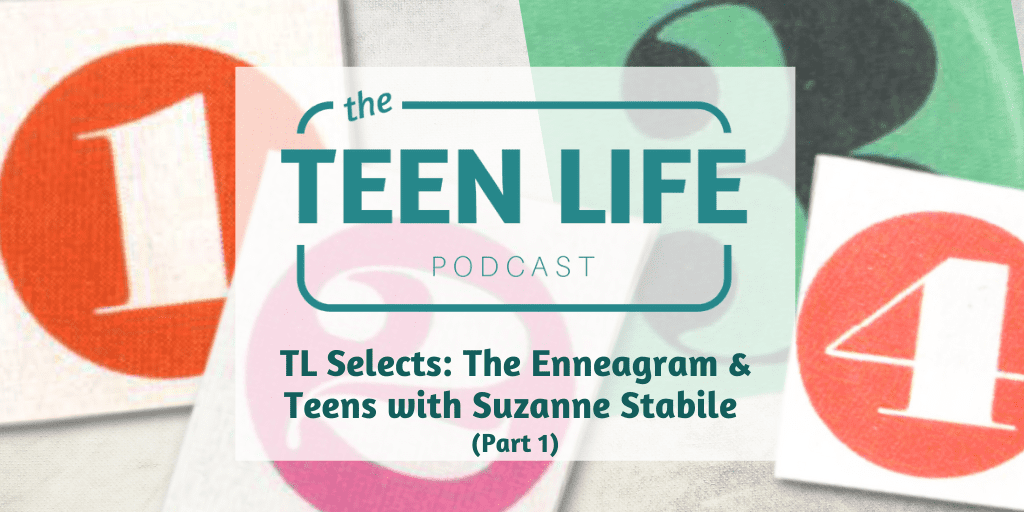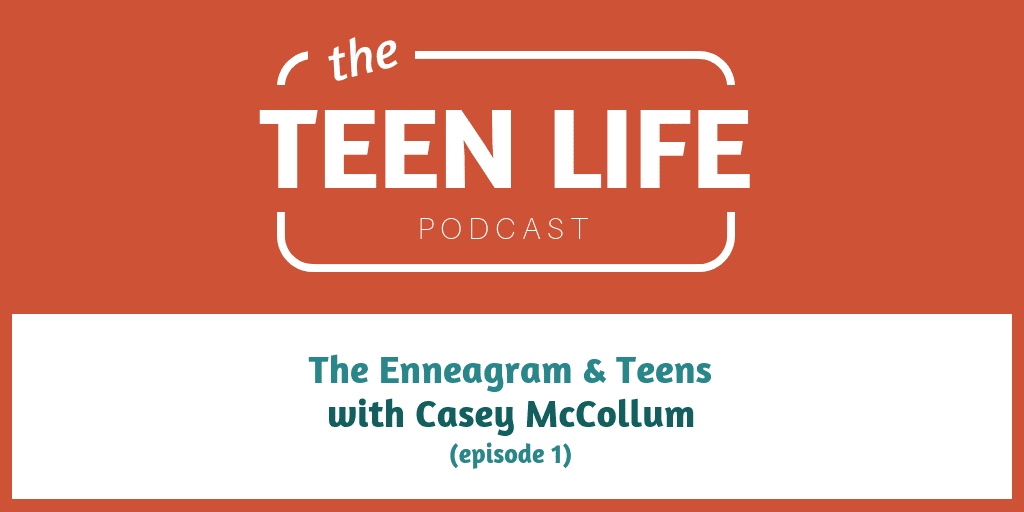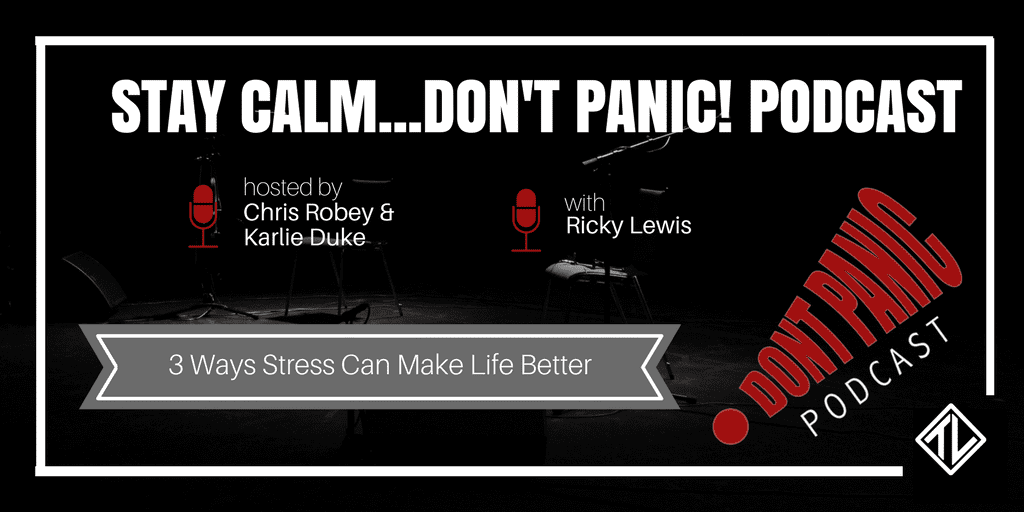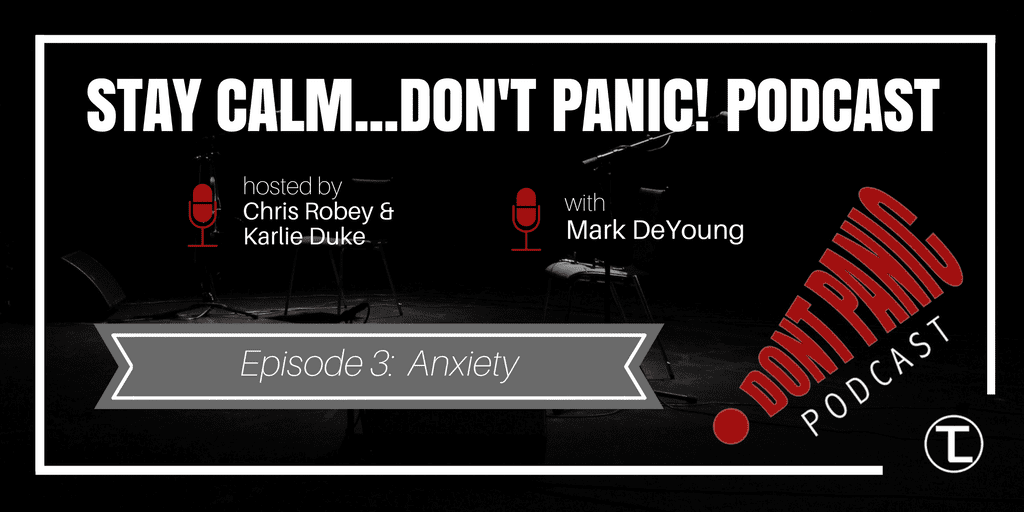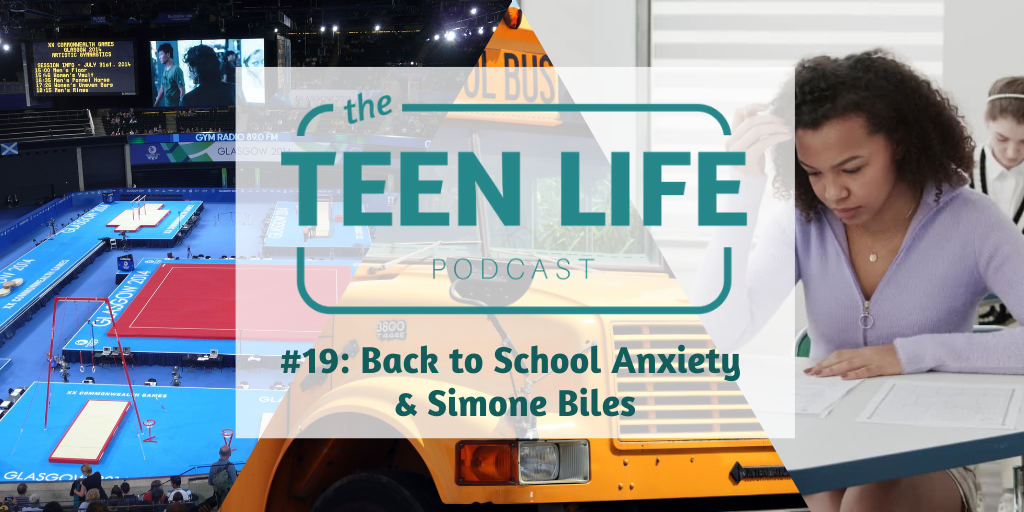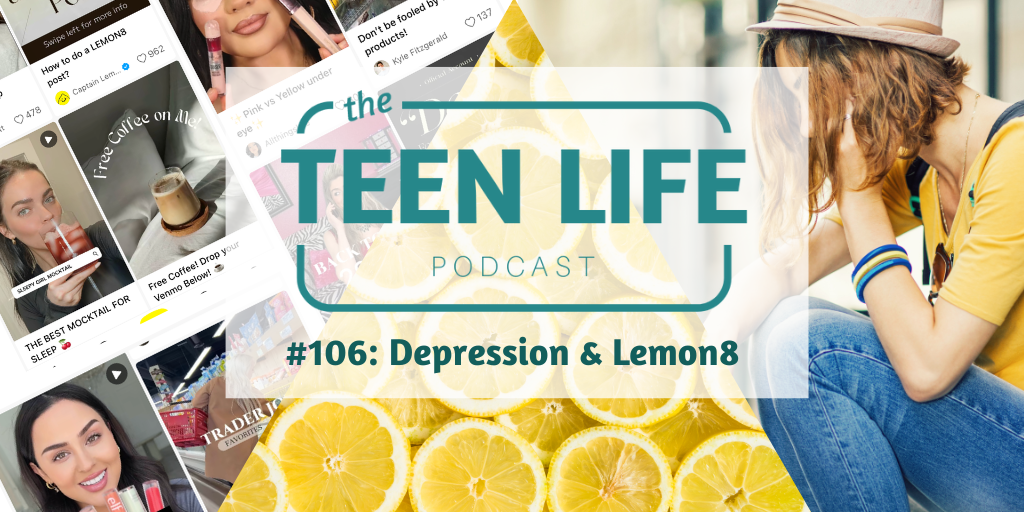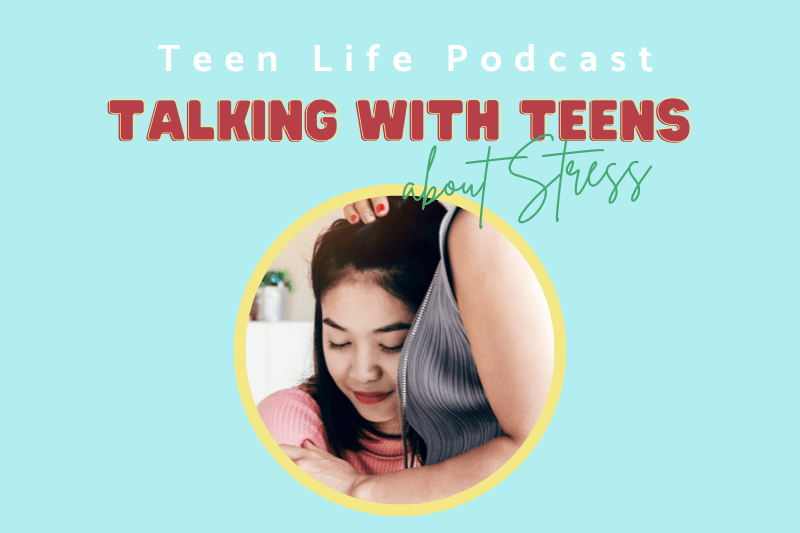
Ep. 63: Talking with Teens about Stress
Podcast: Play in new window | Download
Summer is a great time to start conversations with your teen! Use the extra time with them while they are home to get curious and ask open-ended questions.
To help, we’ve designed this series to be a quick, fun way to get everyone talking. Listen together with your teen, or by yourself. You might be surprised at how willing teenagers are to talk when they get started!
In episode 63, Karlie and Tobin talk about some of the most common stressors we hear in Support Groups and how to help teens identify healthy stress management techniques.
Question:
How much stress do you have in your life?
Talk through these with your teen after this podcast ends!
- What causes you the most stress?
- How are you currently handling the stress in your life?
- How have you handled stress in a way that was helpful before?
- What can you do to manage stress now and in the future?
- How can I help?
Have a question?
If you have a question about something you heard or just want to give us some feedback, please leave us a comment below. We would love to hear from you!

Karlie Duke
Communications Director

Tobin Hodges
Program Director
Karlie Duke | Director of Communications
Karlie has always had a heart for teenagers. Through her role at Teen Life, she loves to showcase the amazing stories coming out of Support Groups, but she is especially passionate about helping adults and teenagers find connection. Karlie has a BS in Communications with a minor in Family Studies from Abilene Christian University.
Tobin Hodges | Program Director
Tobin’s entire career has been centered around students and teens from all walks of life. He has a passion for helping teens be their best selves. As Program Director, he loves working directly with school staff and students through Teen Life Support Groups. Tobin has a Bachelor’s Degree in Music from Texas Tech University.









